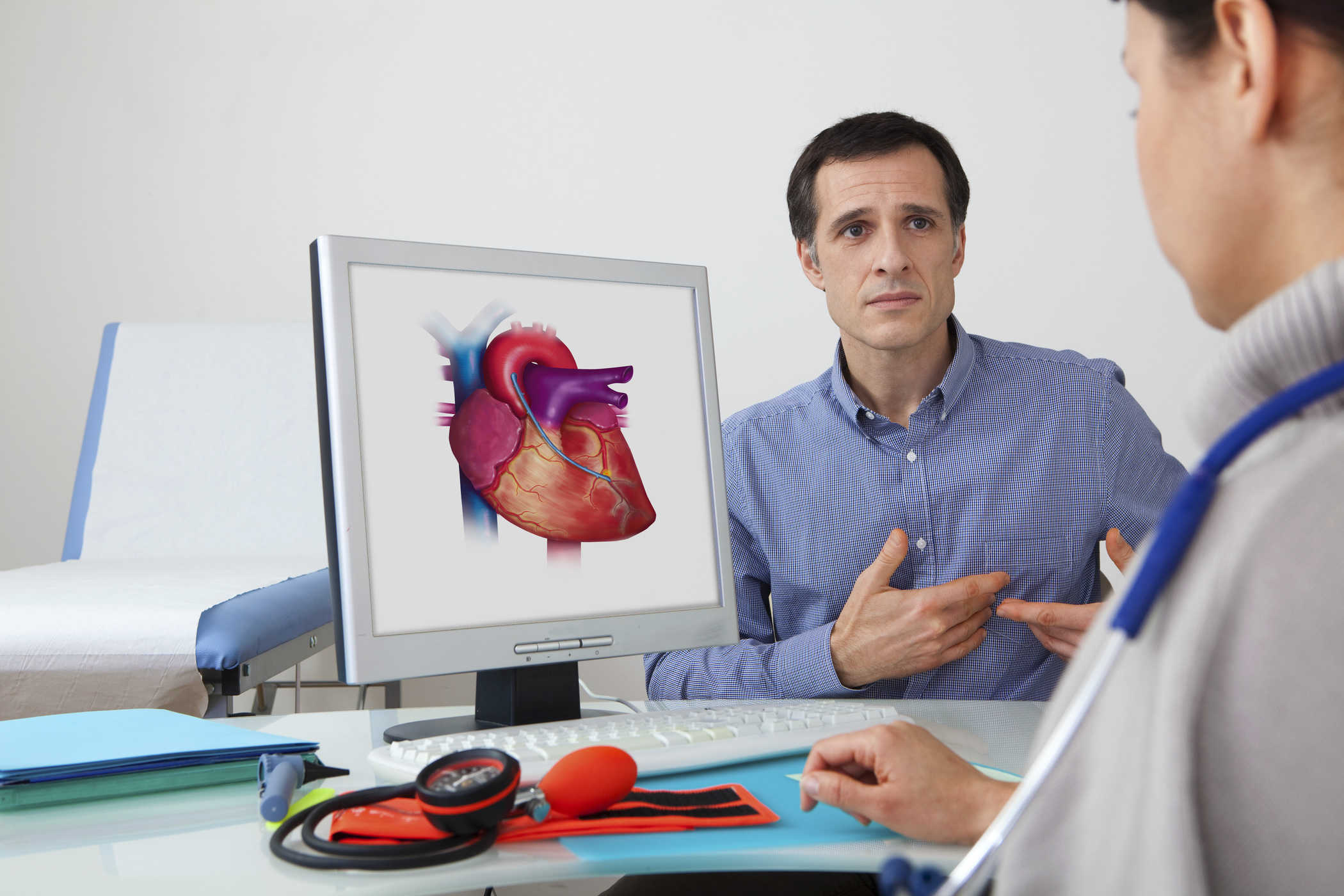Contents:
- What is Alpha-1 antitrypsin deficiency?
- What are the causes of the antitrypsin Alpha-1 deficiency?
- What are the signs and symptoms of antitrypsin Alpha-1 deficiency?
- How does my doctor diagnose Alpha-1 antitrypsin?
- How do you treat Alpha-1 antitrypsin?
- What are the complications of Alpha-1 antitrypsin?
Does your doctor tell you that you might have an antitrypsin Alpha-1 deficiency? It may sound confusing to you. This is a rare disease but there are some people who have this condition, which can cause liver disease. We will inform you by providing more information about Alpha-1 antitrypsin deficiency.
What is Alpha-1 antitrypsin deficiency?
Antitrypsin Alpha-1 deficiency is a congenital disorder that can cause liver disease. This indicates that your body cannot produce enough Alpha-1 antitrypsin, an important protein found in the liver to protect the liver from damage. Not all people with Alpha-1 antitrypsin deficiency will have liver disease but it is important to regularly monitor the condition of the liver for signs of damage. Early detection is needed to treat your heart right before it's too late.
Alpha-1 antitrypsin is also found in the lungs. Some people who have Alpha-1 antitrypsin deficiency can also be at risk of developing lung disease. Please talk to your doctor if you have concerns.
What are the causes of the antitrypsin Alpha-1 deficiency?
Antitrypsin Alpha-1 deficiency is a congenital disorder, which means you are born with a mutated gene that is responsible for the production of protein, Alpha-1 antitrypsin.
Usually, Alpha-1 antitrypsin protects your liver from powerful enzymes called neutrophils elastase. This enzyme is produced by the body's immune system to attack your liver when you feel under attack. This can occur when you are exposed to cigarette smoke, chemicals or other poisons. When there is not enough Alpha-1 antitrypsin, there is a buildup of neutrophil elastase, which can cause liver damage. Something similar also happens in the lungs.
What are the signs and symptoms of antitrypsin Alpha-1 deficiency?
It may be difficult to know if you have Alpha-1 antitrypsin deficiency. Here are some common signs and symptoms that can help you:
- You may feel shortness of breath after mild activity, reducing the ability to exercise and wheeze in the initial period.
- You can lose your weight accidentally or recurrent respiratory infections, fatigue, and a rapid heartbeat when standing.
- If you have an antitrypsin Alpha-1, emphysema usually develops in your body, a lung disease caused by damage to the small air sacs in the lungs. Characteristics of emphysema include difficulty breathing, coughing, and barrel shaped chest.
- You may have liver disease such as cirrhosis. If your child has an antitrypsin Alpha-1, he is susceptible to jaundice on the skin and eyes. your feet will swell if you have cirrhosis. In addition, you can also risk developing a type of cancer called hepatocellular carcinoma.
- In rare cases, people with alpha-1 antitrypsin develop a skin condition called panniculitis, which is characterized by hardened skin with painful lumps or spots. Panniculitis varies in severity and can occur at any age.
How does my doctor diagnose Alpha-1 antitrypsin?
To give the right diagnosis, the doctor will do a series of blood tests. This test can show low levels of Alpha-1 antitrypsin and increase in liver enzymes. In addition to blood tests, your doctor may request other diagnostic tests such as ultrasound imaging or tests using a special X-ray technique. Finally, a liver biopsy can be done to check for damage to your liver.
How do you treat Alpha-1 antitrypsin?
To treat alpha-1 antitrypsin, you must replace the missing protein. Proteins are usually given through blood vessels every week. Most likely it will be done in a doctor's office or hospital. But this is only a little effective to prevent more damage to the liver or lungs. You may need other combination treatments.
If you smoke, you have to stop. Other treatments are also used for emphysema and cirrhosis.
What are the complications of Alpha-1 antitrypsin?
If you have alpha-1 antitrypsin, there are some complications you should know. These complications can affect your liver and lungs, including:
- Bronchiectasis, a condition that damages the airways in the lungs which can cause the risk of infection
- Cirrhosis or scar tissue from the liver tissue which can cause liver failure
- Emphysema, a condition that damages the air sacs in the lungs
- Heart cancer
Talk to your doctor to discuss how you can prevent your condition from worsening and manage your risk of complications.












